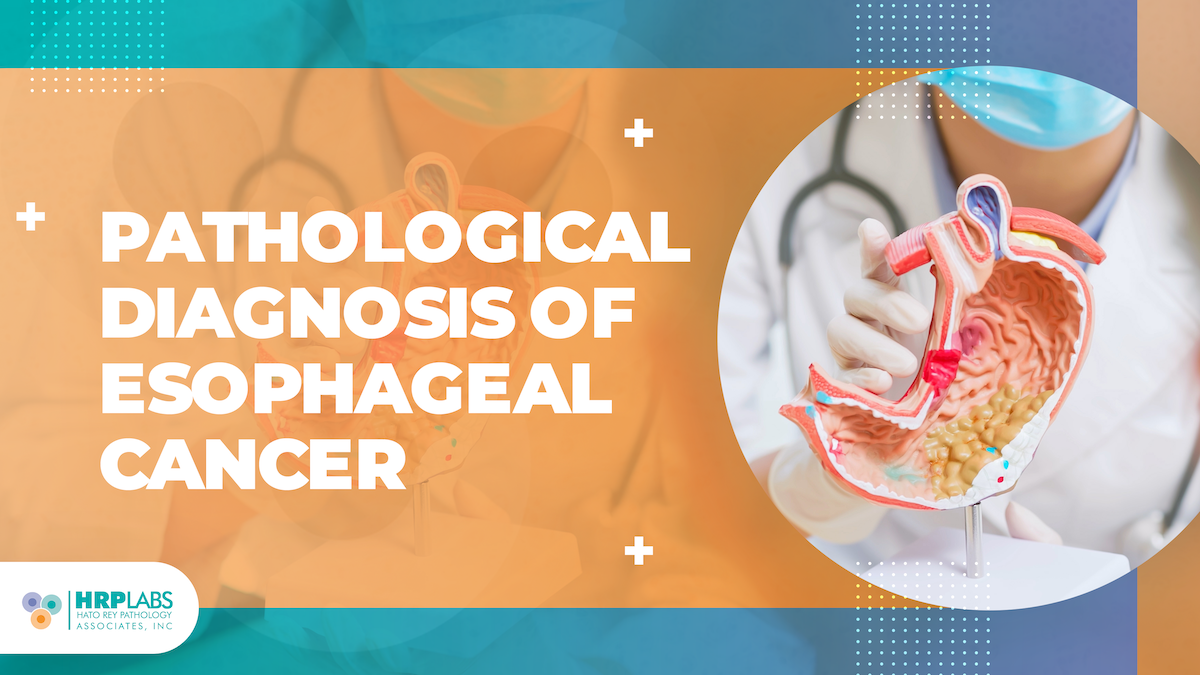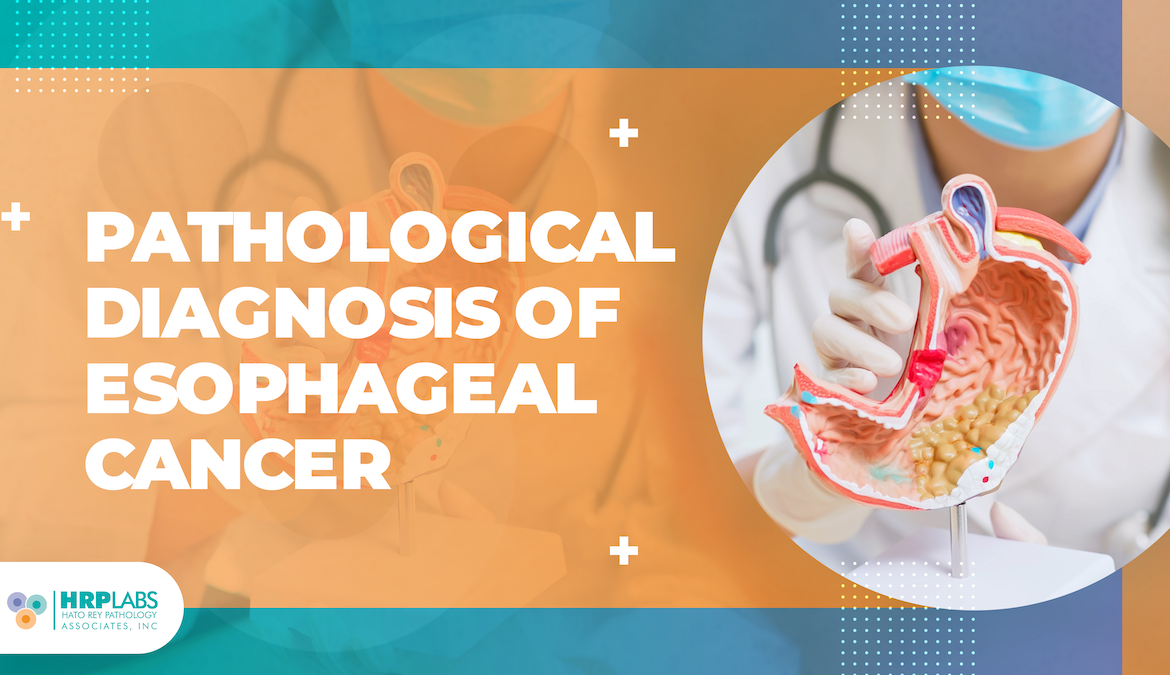
Behind every diagnosis of esophageal cancer, there is a pathologist committed to determining the most effective treatment path. When it comes to fighting esophageal cancer, the pathological diagnosis is the first and one of the most crucial battles on this long journey. This April, we want to emphasize the pathologist’s perspective, whose meticulous analysis not only confirms the presence of cancer but also guides the course of treatment. Let’s delve into the world of pathology to understand how their precision is vital in the fight against this disease.
The heart of diagnosis: Pathology
For many, the term “pathology” evokes images of microscopes and tissues under examination. However, for esophageal cancer patients, it means much more. It is the foundation upon which the entire treatment plan is built. Pathologists play a crucial role in examining tissue samples, using advanced technologies and their profound knowledge to identify the specific type of cancer.
The diagnostic process
The diagnosis of esophageal cancer is carried out in several key stages, each of which is crucial to ensure the precision and efficacy of the final diagnosis:
- Biopsy: The first step involves extracting a tissue sample from the esophagus. This is generally done during an endoscopy, where the doctor can visualize the esophagus and determine the best site to obtain the sample.
- Histopathological examination: Once extracted, the sample is examined under a microscope. This step allows the pathologist to see the cells in detail, identifying abnormal characteristics that could indicate the presence of cancer.
- Immunohistochemistry: This technique uses antibodies to detect specific proteins in the tissue cells. It is crucial for determining the type of esophageal cancer, differentiating, for example, between an adenocarcinoma and a squamous cell carcinoma.
- Molecular testing: In some cases, molecular analyses are performed to search for specific genetic mutations or biological markers. These results can be decisive in choosing targeted treatments, especially in advanced cases of cancer.
- Cancer staging: Finally, based on the collected information, the pathologist helps determine the stage of the cancer, which is fundamental for planning the treatment. The stage is based on how deeply the cancer has penetrated the layers of the esophagus and whether it has spread to other parts of the body.

Beyond diagnosis: Determining treatment
The pathologist’s work goes beyond identifying cancer. Their detailed analysis helps to determine the stage and grade of the cancer, essential information for choosing the most appropriate treatment. In some cases, pathologists can identify specific molecular characteristics of the cancer that may be targeted by directed treatments, opening the door to personalized treatment options.
The importance of precision
In the diagnosis of esophageal cancer, every detail counts. A precise identification of the type of cancer can mean the difference between a standard treatment and a highly personalized one. This is where the experience and skill of the pathologist are indispensable. Their ability to correctly interpret the results can significantly influence the patient’s prognosis. In this context, we are proud to highlight that we have a specialized division with 4 gastro-pathologists. These specialists have the knowledge and experience necessary to diagnose esophageal cancer with the utmost precision, ensuring that our patients receive the most appropriate and personalized treatment possible.
A ray of hope
Without a doubt, the pathological diagnosis is a pillar in the treatment of esophageal cancer. Through the expert eye of the pathologist, specific treatment paths are opened, and a light of hope is ignited for many patients. As science and technology advance, the pathologist’s role remains constant: to guide patients towards the best possible treatment, offering not just a chance at life but also quality of life.
On this path, the precision and experience of the pathologist are not just valuable, they are essential. As sentinels at the forefront of medicine, their work reminds us that behind every tissue sample, there is a life waiting for a second chance.
For direct consultations with our team of gastro-pathologists, please do not hesitate to contact us at 787-765-7320. Email: servicioalcliente2@hrplabs.com.

